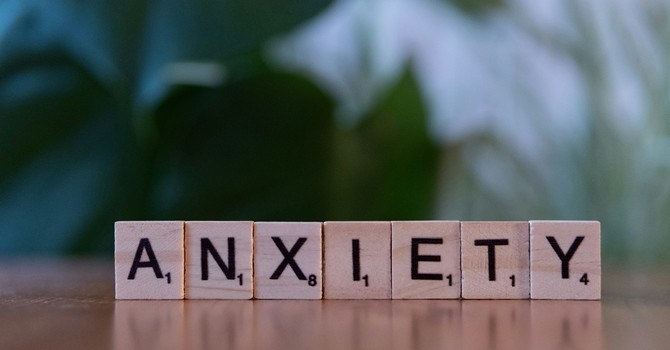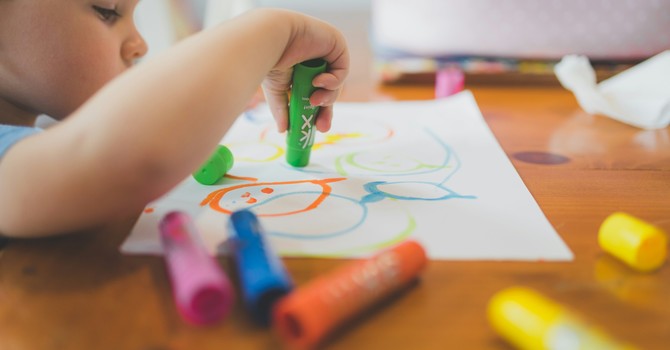
Determining if therapy can help your child is a personal decision that depends on various factors. Here are some signs that therapy may be beneficial for your child:
1. Persistent emotional or behavioral issues: If your child is consistently experiencing emotional or behavioral difficulties that impact their daily life, relationships, or academic performance, therapy can provide them with the necessary support and tools to address these challenges.
2. Difficulty coping with life changes or traumatic events: If your child has experienced a significant life change, such as a divorce, loss of a loved one, or a traumatic event, therapy can help them process their emotions, develop coping strategies, and navigate through these difficult experiences.
3. Social or relationship problems: If your child is struggling with making friends, maintaining healthy relationships, or has difficulty communicating their needs and emotions, therapy can help them develop social skills, improve self-esteem, and enhance their ability to connect with others.
4. Academic struggles: If your child is consistently struggling academically, therapy can help identify and address any underlying emotional or behavioral issues that may be impacting their ability to learn and succeed in school.
5. Changes in mood or behavior: If you notice significant changes in your child's mood, behavior, or overall well-being, such as increased irritability, withdrawal, or excessive worry, therapy can help explore and address the underlying causes of these changes.
6. Self-destructive or risky behaviors: If your child is engaging in self-destructive behaviors, such as self-harm, substance abuse, or risky sexual behaviors, therapy can provide them with a safe space to address these behaviors, develop healthier coping mechanisms, and work towards positive change.
It's important to remember that seeking therapy for your child does not mean there is something inherently wrong with them. Therapy can be a valuable tool for personal growth, emotional well-being, and developing healthy coping strategies. If you are unsure whether therapy is appropriate for your child, consulting with a mental health professional can help provide guidance and determine the best course of action.





